Graham Reid | | 1 min read
Lorenzo Buhne: Love Trek
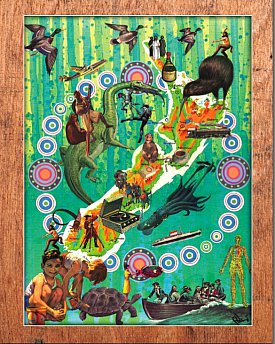
New Zealand poetry has mostly existed on the margins of available technology.
In the days of records, James K. Baxter had some of his poems on the Barney Flanagan EPs, there was a 1974 collection of contemporary poets in a striking Pat Hanly-painted beer bottle cover and Sam Hunt's Bottle to Battle to Death album.
But not much else, until Auckland University Press weighed in with two fine book/CD collections of “Classic” and “Contemporary New Zealand Poets in Performance” in the past six years.
A brave few – Cilla McQueen, David Eggleton and Selina Tusitala Marsh spring to mind – have put out CD readings of their work, but an even more rare species has been poems adapted into song. The Baxter and Tuwhare projects helmed by Charlotte Yates showed what was possible in those treacherous waters where poems must be bent to the will of song structure.
But where musicians on those collections mostly played it safe with their musical settings, for this collection – a CD and the texts in an attractively presented small-format hardback – multi-instrumentalist Buhne from Wellington stretches words by Allen Curnow, Sam Hunt, Vincent O'Sullivan, Fiona Farrell and others into interesting shapes which will doubtless have purists anxiously knotting their hankies.
The title poem by Curnow has a whimsical, rhythmic pulse and echoed production (Talking Heads and Brian Eno in the house), O'Sullivan's Love Trek is effectively delivered like an early Kinks ballad and Bill Manhire's Lonesome becoming disturbingly desperate through slide guitar and Buhne's deliberately strained vocal.
In places (notably the quirky treatment of Hunt's Maintrunk Country Roadsong) meaning becomes subservient to the music – and from the Braille collective in the Eighties to music on the iiii label, quirky with tuba, sax and trombone has been a Wellington hallmark. Sometimes lines become awkwardly interrupted by the requirement of song structure: O'Sullivan's Before You Go is almost deconstructed down to single or paired words in service of the otherwise delightful, jazzy shuffle.
However there is also rare beauty here: O'Sullivan's Elegy:again is a sensitively spacious and stately ballad with a string section; Manhire's Aubade and Children are eerily and appropriately spare, and Farrell's pointed Charlotte O'Neil's Song becomes a folk ballad.
Poetry reconfigured into song is notoriously difficult, especially when blank verse is the raw material.
But here – notably in the quieter pieces such as The Ring by Katherine Mansfield, and despite some curious pronunciation – Buhne offers a thoughtful, sometimes daring and worthy contribution to a very sparse field.

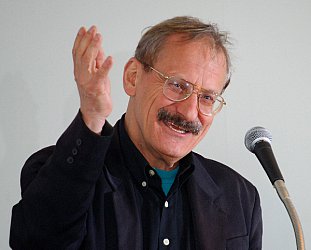
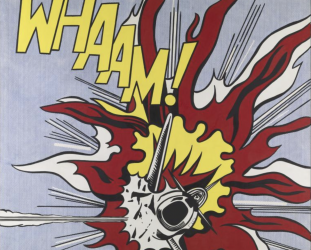
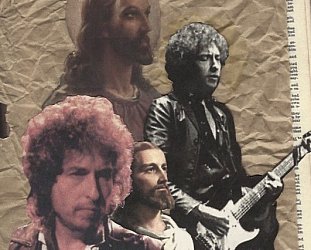
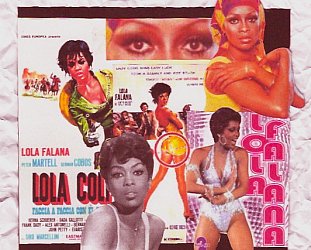
post a comment